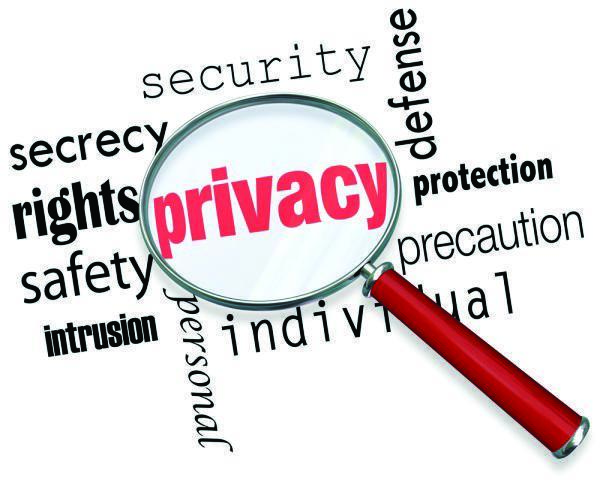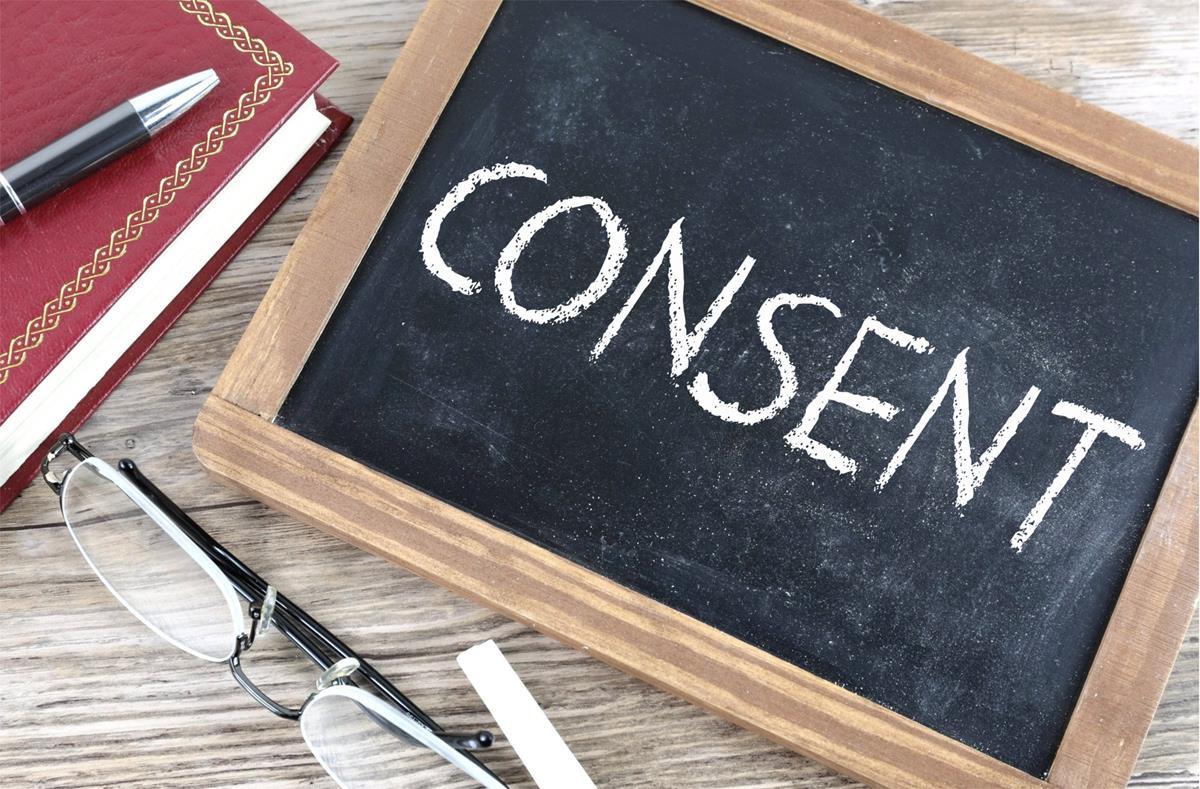
You’ve got your phone, and you record an important conversation without anyone knowing. Can that secret recording help your case in a Kenyan court? It’s a tricky question because in Kenya, recording conversations without the other person knowing raises important legal questions about privacy and justice. Here’s what you need to know.
What the Law Says (Simply Put)
- Your Right to Privacy: Kenya’s Constitution (Article 31) states that everyone has a right to privacy. This means that private conversations shouldn’t be spied on or messed with. So, recording someone without their permission is generally seen as a privacy problem.
-
- Data Protection Law: A newer law, the Data Protection Act, says you usually need permission/consent before you collect someone’s info, which includes their voice or video. If you record them secretly, you’re usually skipping this step.
- The Balancing Act: Even though privacy is important, courts also need to make sure trials are fair and just. So, a special part of the Constitution (Article 50(4)) lets a court decide if a secretly made recording can still be used. They’ll look at whether using it would make the trial unfair for anyone.
What Courts Think About
When a court decides if your secret recording can be used, they look at:
- Did the Other Person Know? This is super important. A court generally wants to see that the person being recorded knew, or at least should have known, that the conversation was being captured In the Kenyan case Shakunt Rajnikant Shah v Bhupendra Motichand Shah t/a John Cumming & Company & another [2021] KEHC 3655 (KLR), the court said “no” to using secret audio recordings. Why? Because the person who made the recordings couldn’t prove that the others in the meeting were told they were being recorded. This shows that courts need a very good reason to ignore someone’s privacy when letting secret evidence in.
-
- Were You Part of the Talk? Courts are more likely to allow a recording if you were actually part of the conversation. If you were just secretly listening in on others, it’s a much harder sell. The Kinyanjui v Scania East Africa Limited [2023] KEELRC 1627 (KLR) helps us understand two types of secret recordings:
One, where you are NOT part of the conversation (third-party monitoring). Think of it like secretly hiding a recording device in a room where two other people are talking, and you’re not in the room. Secondly, where You ARE part of the conversation (participant monitoring).
In the Kinyanjui case, the person making the recording was actually in the disciplinary meeting and was the subject of that meeting. The court allowed her recording, partly because she was a direct participant and the employer had a duty to record accurately themselves. Meaning, that if you’re recording a conversation you’re directly involved in (participant monitoring), courts are more open to considering it, especially if there’s a good reason, like ensuring an accurate record when the other party failed to do so.
Other Factors include:
- How Bad Was It? Was it a small privacy issue or a big one?
- Is It Important? How much does the recording really help prove your case? Is it the only way to show something really key, like a promise or a lie?
- Will It Harm Anyone? Will using the recording unfairly hurt the person you recorded?
- Why Did You Record? Did you do it out of anger, malice or just to keep important information?
Risks of Secret Recordings
Even if the court says “yes” to your recording, there are still risks:
- You Could Be Sued: The person you recorded might sue you for breaking their privacy.
- You Might Pay Costs: Even though the court may allow you to use the recording, the court could make you pay for some of the other side’s legal fees as a penalty for invading the other party’s privacy.
- Exceptional Circumstances: If your recording involved serious invasion, like tapping phones without a special court order, you could even face criminal charges.
Final Thoughts
Think hard before you secretly record someone. While it might seem helpful at the time, it carries legal risks. The safest and best thing to do is always get consent before you hit record.
If you have a secret recording you want to use, or if you think someone recorded you, talk to a legal profession. These rules can be complicated, and every situation is different. Getting legal advice is always the smartest move.
Disclaimer: None of the content in the article above iis meant to be legal advice sufficient to advise you or constitute a client-advocate relationship. For proper legal advice, or any clarification or comment regarding any of our publications, do reach us using our contact details.
Compiled and Researched by Rachael Mukami. For further advice on any matters raised, please feel free to contact us at mukami@williamadvocates.co.ke. or Info@williamadvocates.co.ke




